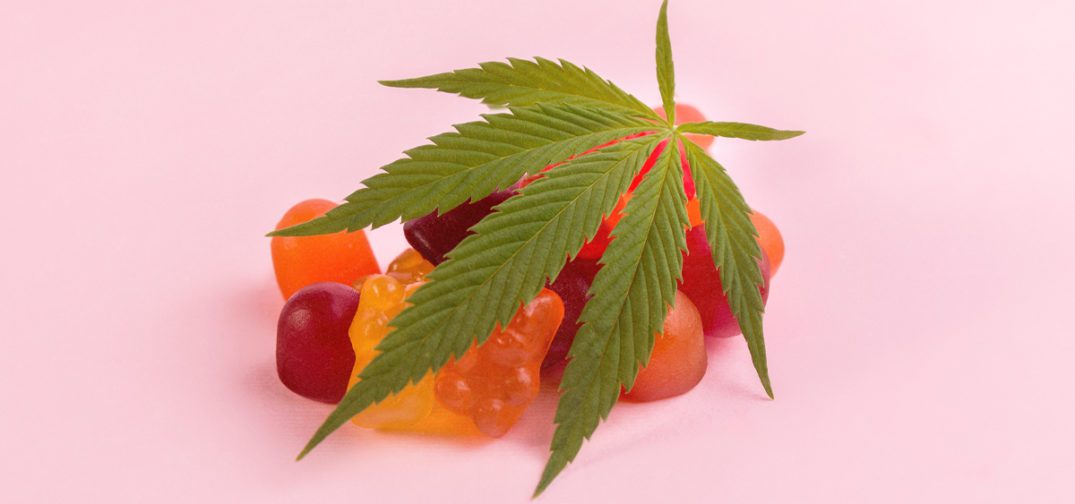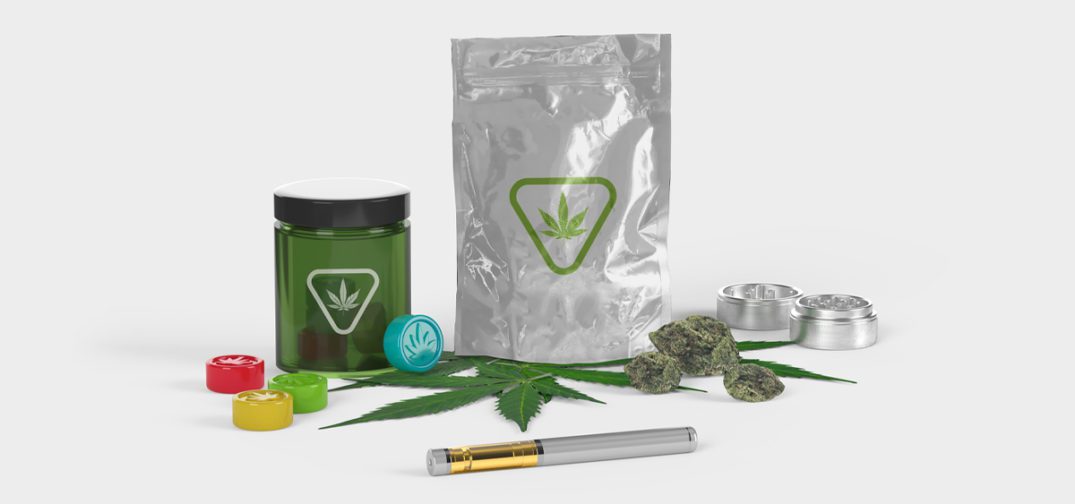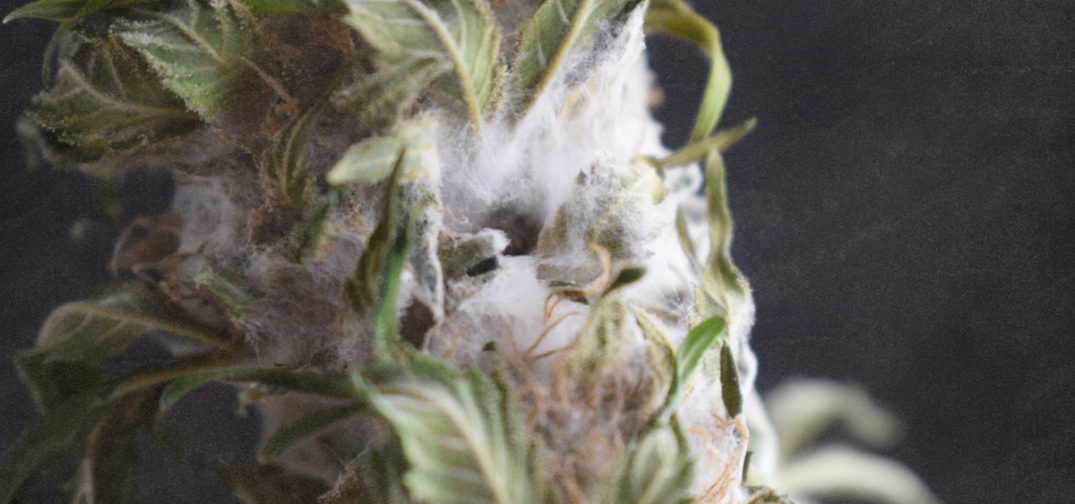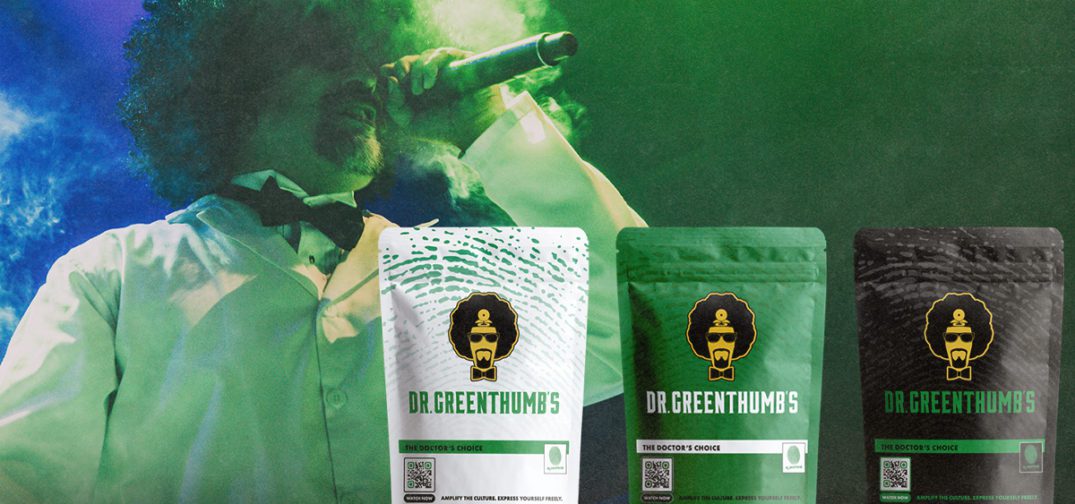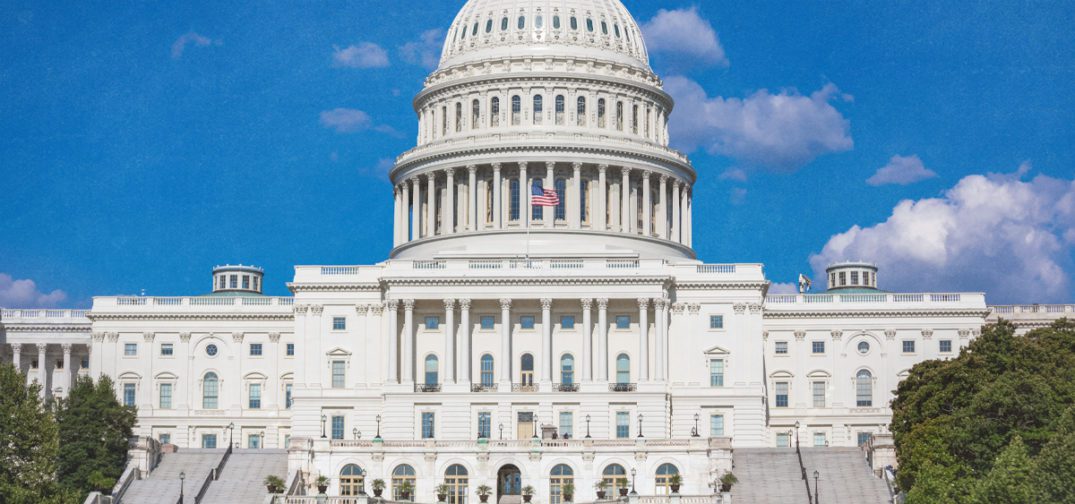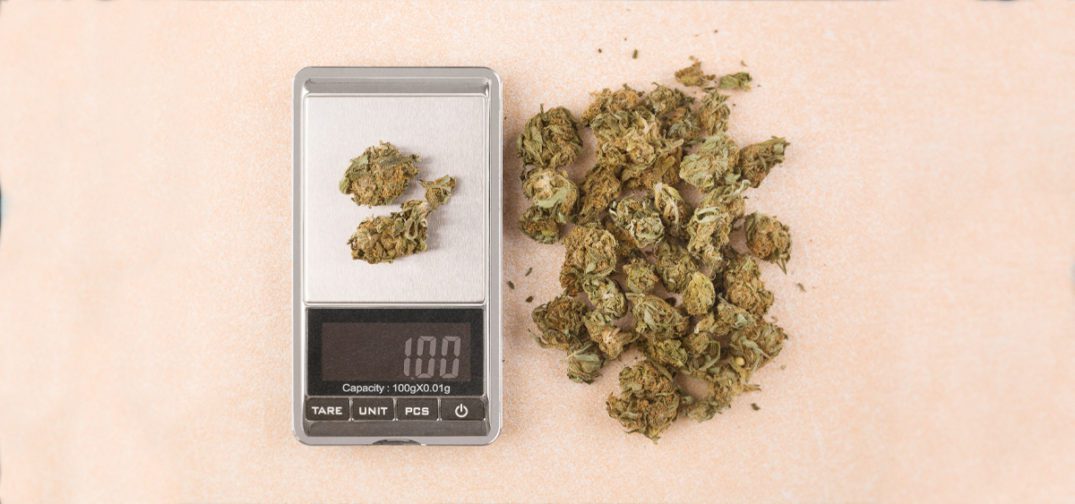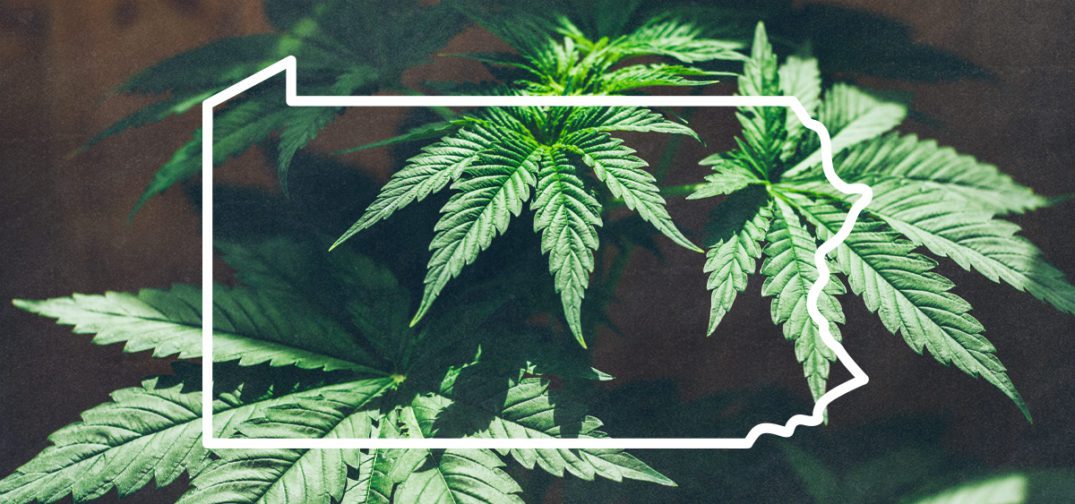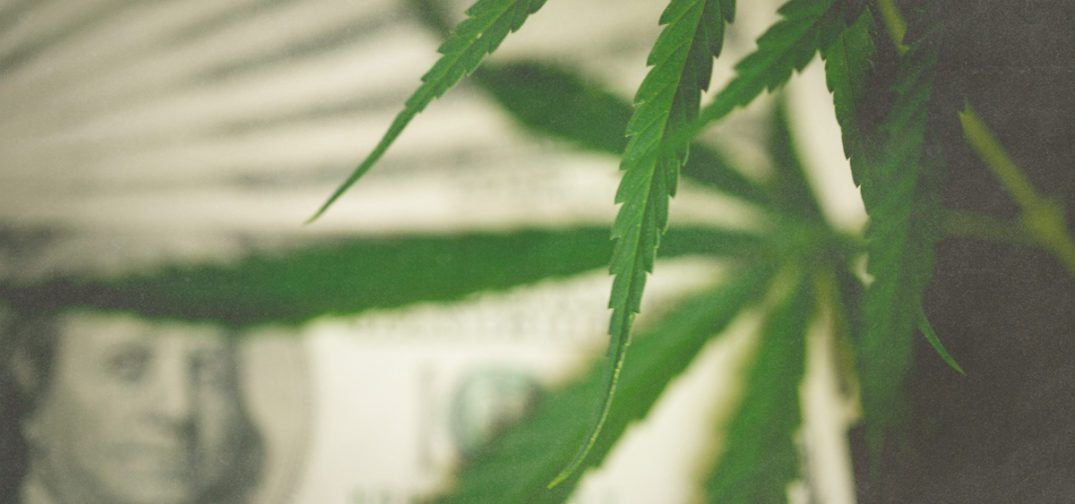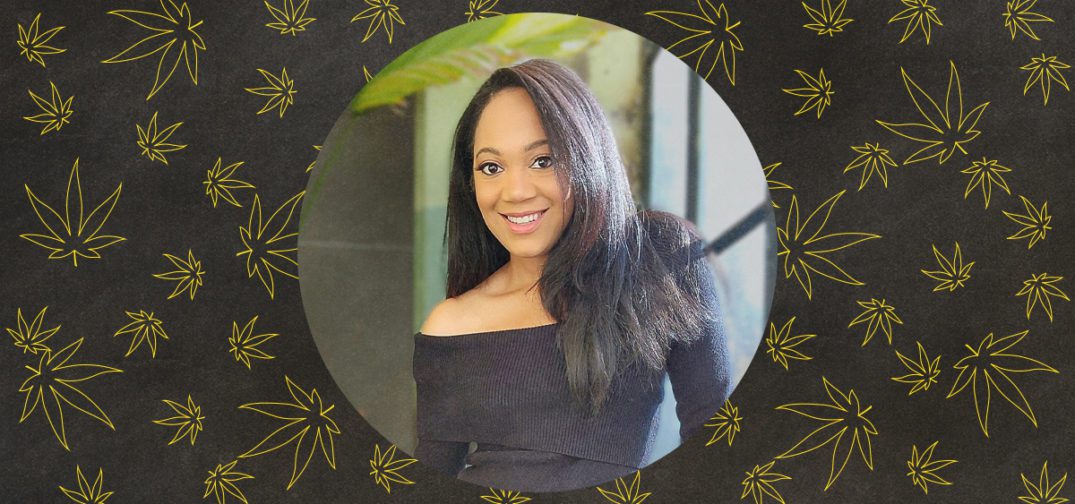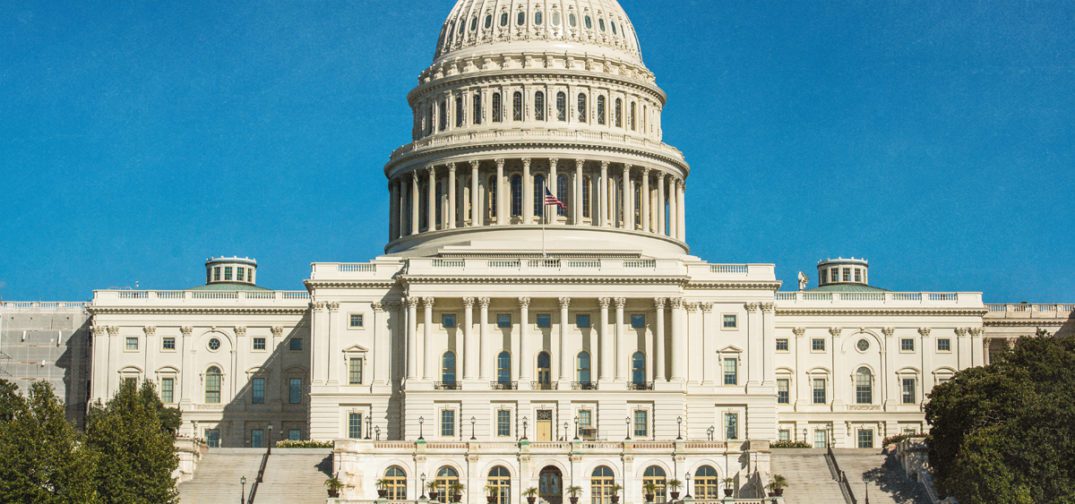Cannabis packaging is becoming a significant subject as the marijuana industry gains traction and global attention. With support for cannabis hitting new levels, the number of marijuana companies and consumers is expected to rise. For this reason, the future of designer weed packaging holds a great deal of excitement for consumers and packaging companies alike.
Market reports predict that the global cannabis market value will reach $1.6 billion by 2024. Hence, cannabis brands must prepare for the supply challenges imminent with this exponential growth. Moreover, cannabis packaging companies should also brace themselves for the changing regulations within the industry.
As with any other industry, various novel trends are also expected to crop up as the sector advances. Therefore, marijuana firms need to keep up with cannabis packaging trends to ensure they remain ahead of the curve and stay afloat in the competitive market.
Furthermore, since the best cannabis brands are the most likely to benefit from the new changes, small integrated cannabis producers must fight to keep up with the changes. Keeping yourself abreast with the most prevalent cannabis packaging trends can help you position yourself for the growing industry.
Positioning Your Brand For Success
There has been a growing need for cannabis brands to stand out among the masses. Building an effective brand strategy is one of the best ways to position your business for success within the market. Here are some practical ways to develop the best cannabis dispensary branding strategy.
Identify Your Target Audience
A common mistake cannabis brands make when positioning themselves for success is assuming that they serve everyone who consumes marijuana. Unlike previously, when cannabis dispensaries were rare, opening a marijuana store is no longer enough to lure more customers.
For this reason, marijuana brands need to identify their target audience to precisely cater to the consumers who will benefit from their products and services. After that, they must find the weed package design that best appeals to this demographic. Doing this will help you decide the messaging, imagery, and overall tone of your cannabis package design.
Determine What Makes Your Firm Unique
Once you have an idea of your target audience, the next step is figuring out how your cannabis product brand can uniquely cater to their needs. Whether it provides custom cannabis packaging, specific products, or expertise, a unique value proposition will be a plus for your business, setting it apart from the competition. Capitalizing on the factors that make your cannabis packaging design exceptional will lure more clients to your stores.
Keep Up With Local And State Regulations
Lawmakers are yet to legalize cannabis on a federal level. Therefore, weed brands require a mixture of extensive knowledge of local and state regulations and creativity to market their businesses. Apart from dictating where cannabis brands can operate and what products they can sell, these regulations also have a say in advertising policies.
Therefore, staying up to date with these laws will help you stay on the right side of the law, preventing you from incurring costly penalties. For instance, policies require products like custom edible packaging to meet specific standards. Thus, advertising goods with a cannabis packaging design that lacks these specifications could be detrimental.
The Top Five Trends For Cannabis Branding
Change is the only constant thing. This adage is especially true for the cannabis branding industry since it faces regular policy changes.
Consequently, entrepreneurs must keep up with the latest cannabis packaging trends to ensure they don’t break the law while luring consumers to their products. The following are the top five trends for cannabis branding that can help bring substantial changes to your business and position it for success.
Sustainable Packaging
Climate change is a global problem that continues to raise concerns. Radical solutions need to be adopted to tackle the problem head-on. A sustainable weed package design is arguably the most proactive measure to reduce the carbon footprint of the marijuana sector.
It’s crucial to consider the type of cannabis packaging design acceptable in the market since the industry is becoming immensely lucrative.
Hence, creating cannabis dispensary branding that markets biodegradable packaging and sustainable business practices is a significant step in the right direction. Business owners can utilize a recycling marijuana logo design to indicate that their packaging products are free of harmful chemicals.
Customizable Packaging
Customizable packaging is also among the cannabis packaging trends that will take over the industry soon. Custom packaging items make products stand out on shelves, increasing the chances of sales. This is why many cannabis entrepreneurs are sourcing beautiful cannabis packaging unique to their brand to ensure they make as many sales as possible.
Custom weed jars are some of the most customizable packaging items for marijuana dispensaries. The products can accommodate a variety of cannabis packaging design, which makes them versatile. You can match them up with custom labels for jars to make your brand even more spectacular and unique.
Marijuana producers can also use custom cones when making joints for cannabis stores and dispensaries. Apart from giving your products a premium look, the custom weed package design also makes them stand out. You can easily use the beautiful cannabis packaging designs to convey various messages to your clients.
Compliance Packaging
Lawmakers have already legalized marijuana in more than half of the states in America. Consequently, the best cannabis brands are sourcing custom concentrate packaging and other compliant packaging solutions to ensure they remain relevant.
Child-resistant packaging products like custom mylar bags are perhaps the most sought-after compliant packaging goods in the market. Given that cannabis regulations are subject to regular changes, entrepreneurs within the industry must get a cannabis packaging design that eliminates the need to re-envision their packaging.
Fortunately, most of the regulations surrounding marijuana packaging are rules meant to protect the safety of children. Hence, it’s best to purchase bulk child-resistant items like custom pre-roll packaging to avoid overhauls in their cannabis dispensary branding and packaging.
Minimalistic Packaging
There’s no denying that the modern consumer market is filled with advertisements and marketing campaigns. Previously, brands competed for consumer attention using flashy logos and bold colors. However, such cannabis branding may cause more harm than good to a business since consumers feel overwhelmed by the packaging.
Alternatively, business owners can use a minimalistic weed package design to ensure they don’t swamp their clients. Achieving this requires companies to strip down to the essential elements and avoid clutter. The goal of this cannabis branding technique is simplicity and functionality without any unnecessary embellishments and decorations.
Apart from achieving a more refined and fresh look, weeding out unnecessary elements in your cannabis packaging can help reduce the number of materials required. What’s more, you can achieve all this without compromising the quality of your goods.
Bold New Designs
Although many cannabis companies are leaning towards minimalistic cannabis packaging trends, innovation is not dead within the sector. Marijuana brands can use a mix of bold and contemporary ideas to produce excellent new packaging designs.
Given that the number of marijuana consumers is on the rise, other forms of consuming cannabis are becoming more popular by the day. Cannabis-infused edibles like cookies and sweets are among the most suitable alternative way to enjoy cannabis for many people. Therefore, cannabis producers must adopt bold new designs for custom edible packaging to keep their products fresh.
For this reason, weed brands are coming up with ingenious designer weed packaging solutions to accommodate these products. Marijuana firms must select befitting packaging products to help retain the potency and shape of the edibles. This has led to the rise of bold new concepts within the cannabis industry.
These innovative packaging products are the best solutions for cannabis edibles, from tin containers to custom mylar bags. Not only do they prevent the edibles from losing their taste, potency, or shape, but they also help increase the longevity of the goods on shelves.
The Bottom Line
Cannabis legalization is rising rapidly in America and across the world. Entrepreneurs in this sector must keep up with trends in the market to strategically position themselves for success. Considering that packaging is a significant part of any marketing strategy, keeping up with cannabis packaging trends is paramount for companies within the sector.
Fortunately, there are numerous innovative packaging options for cannabis companies to explore. Nevertheless, with policies and regulations constantly changing within the industry, staying ahead of the curve is paramount to succeed in such a competitive business environment.
One of the most popular packaging trends that can help cannabis companies retain clients is customizable packaging. While other trends may vary depending on industry policies, custom cannabis packaging will always give marijuana firms an edge over their competition by allowing them to dictate the appearance of their packaging solutions. Even so, the other marijuana packaging trends can also help your business stay afloat and are worth a deeper look.
